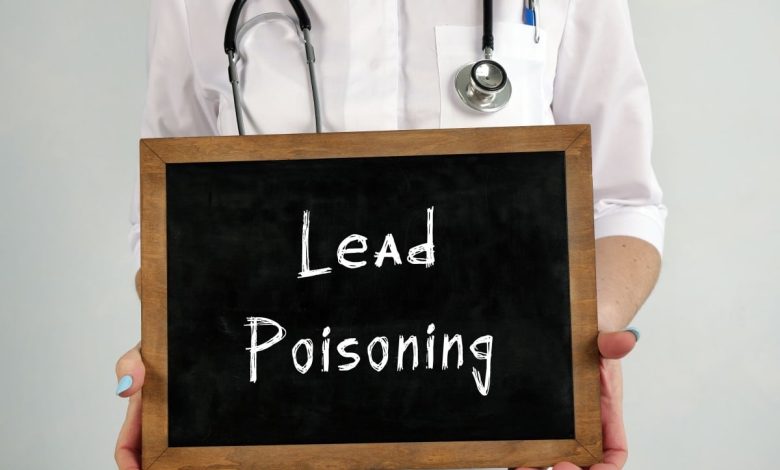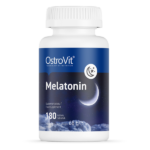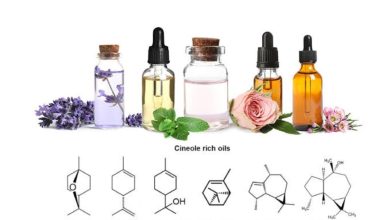When ‘Natural’ Isn’t Safe: Lead Poisoning and Ayurvedic Supplement Use

A woman’s journey toward becoming pregnant took an unexpected turn as it resulted in lead poisoning due to her use of Ayurvedic treatment. This incident prompted authorities to take action, leading to the confiscation of pills from a natural-products clinic in Ontario and the issuance of government warnings concerning the potential risks associated with products from this establishment, as outlined in a recent report. The case serves as a poignant reminder of the importance of collaboration between medical practitioners and public health authorities when addressing potential health hazards related to supplements, particularly in the context of Ayurvedic products containing lead and other metals. In their report, lead author Julian Gitelman, MD, MPH, a resident physician at the University of Toronto Dalla Lana School of Public Health, and his colleagues emphasized that involving public health in situations involving potential lead contamination can facilitate broader measures to reduce and prevent exposure among other vulnerable individuals.
Published on August 8 in the Canadian Medical Association Journal, the researchers provided a comprehensive account of the events following a 39-year-old woman’s presentation with symptoms such as abdominal pain, constipation, nausea, and vomiting. A series of medical assessments, including colonoscopy, laparoscopy, and biopsies of bone marrow and ovarian cysts, were conducted before the underlying cause of her health issues was pinpointed: the Ayurvedic medications she had been consuming daily for over a year to aid in her fertility journey. These medications, which she took in varying daily dosages ranging from a few pills to a dozen, were found to be responsible for her condition.
The authors noted that heavy metals are sometimes intentionally added to Ayurvedic supplements due to perceived healing properties. They referenced a previous study that examined Ayurvedic pills purchased online from manufacturers based in the United States and India, revealing that 21% of the samples contained lead, mercury, or arsenic. This issue had been previously highlighted in a case report published in the German Medical Weekly.
The challenge of ensuring consumer awareness about the risks of natural health supplements goes beyond Ayurvedic products and extends to a global scale. A surge in poison control calls linked to melatonin gummy products, for instance, was noted, with varying levels of melatonin content being detected in these products. A US analysis published in JAMA highlighted the discrepancy in melatonin levels in gummy products, with some containing unintended substances like cannabidiol. Canadian Senator Stan Kutcher, MD, emphasized the urgency of addressing such concerns during a meeting of Canada’s Standing Senate Committee on Social Affairs, Science, and Technology.
The Senate meeting on May 11 provided a platform for the recurrence of debates surrounding supplements, also referred to as natural health products. Barry Power, PharmD, the editor-in-chief of the Canadian Pharmacists Association, expressed disappointment over Canada’s exclusion of natural health products from Vanessa’s Law, enacted in 2014 to enhance the reporting of adverse reactions to drugs. While acknowledging the perception of natural health products as low risk, Power emphasized the need to recognize that “low risk” doesn’t equate to “no risk,” and that the term “natural” shouldn’t be equated with “safe.”
In contrast, Aaron Skelton, CEO of the Canadian Health Food Association, opposed the proposal to extend Vanessa’s Law to include natural health products. He voiced concerns about potential overreach and undue regulation associated with these measures, emphasizing the necessity for thorough review and debate before implementation.
Canadian Senator Stan Kutcher countered Skelton’s stance, emphasizing that profits should not outweigh public health concerns. By June, Vanessa’s Law had been expanded to encompass natural health products, incorporating provisions for reporting products presenting serious risks to consumers.
The confusion among consumers regarding the level of government regulation of supplements was highlighted by Pieter A. Cohen, MD, leader of the Supplement Research Program at Cambridge Health Alliance. Cohen, the lead author of the JAMA research letter on melatonin products, noted that supplements sharing pharmacy shelves with more strictly regulated medicines often lead to misunderstanding. He highlighted the challenge of comprehending that health products are available in US pharmacies without being vetted by the FDA.
Consumers seeking to take supplements should refer to reliable sources of information, such as the website of the National Institutes of Health’s Office of Dietary Supplements, Cohen advised. Both this office and the FDA offer consistent advice: consult with a healthcare professional about supplement use. However, patients often overlook or neglect this advice, leading to medical complications, as exemplified by the Ontario case study woman.
Peter Lurie, MD, MPH, executive director of the Center for Science in the Public Interest, which advocates for increased supplement regulation, stressed the importance of clinicians prompting patients to disclose their supplement usage. Patients often consider supplements separate from the realm of medical care, fearing disapproval or choosing to withhold information, Lurie explained. In the face of these challenges, the need for effective regulatory measures and public education regarding natural health supplements remains a critical objective.





